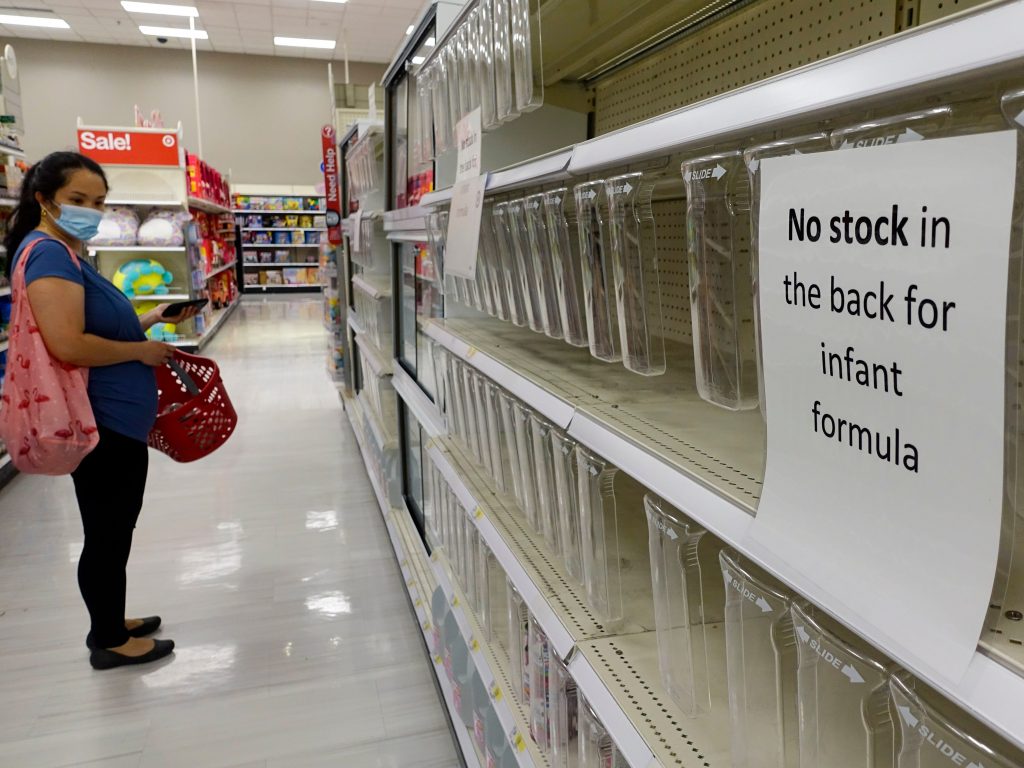- Parents around the country are struggling to feed their children amid the baby formula shortage.
- The situation is being further complicated by the war in Ukraine, experts and execs say.
- Ukraine is the world's top exporter of sunflower oil, a common ingredient in baby formula.
The global supply of infant formula is being further strained by the war in Ukraine, industry experts and executives say.
Ukraine is the world's top exporter of sunflower oil, a common ingredient in baby formula. But as the Russian invasion freezes harvests and blocks shipments from Ukraine's ports, companies are scrambling to find alternative sources and substitutes, industry experts told The Wall Street Journal.
The military conflict adds yet another complication to an already vulnerable industry hit with supply-chain snags, product recalls, and factory closures in recent months.
Patrick Sly — president of global nutrition at Reckitt, the company that produces the baby formula brand Enfamil — told CBS Evening News last week that the shortage has been exacerbated by the complexity of producing formula, which must meet specific standards to ensure proper nutrition and digestion.
"Our products are very complex products," Sly said. They're almost pharmaceutical-grade products. And there are dozens and dozens of ingredients that go into our products. One example would be one of the oils that goes into our products was impacted by what's going on in Ukraine."
Together, Ukraine and Russia export around 75% of the world's sunflower oil. Cooking oil shortages are already being felt in the UK, where grocery stores have limited shoppers on how many bottles they can buy.
At a UN security council meeting last week, US Secretary of state Antony Blinken accused Russia of instigating a global food crisis by holding supplies "hostage" at Ukrainian ports.
"The Russian government seems to think that using food as a weapon will help accomplish what its invasion has not – to break the spirit of the Ukrainian people," Blinken said.
In the US, the formula shortage has led to a rise in hospitalizations, including in Atlanta and South Carolina, where health centers recently reported admitting infants for nutritional deficiencies connected to the scarcity. The shortage worsened in April, when out-of-stock percentages reached 40% at US retailers.
On May 18, the Biden administration invoked the Defense Production Act, requiring suppliers of vital ingredients to prioritize formula manufacturers over other customers. The administration also launched Operation Fly Formula, a global effort to import formula into the US. Last week, 78,000 pounds of formula arrived in Indiana from Switzerland as part of the push.
